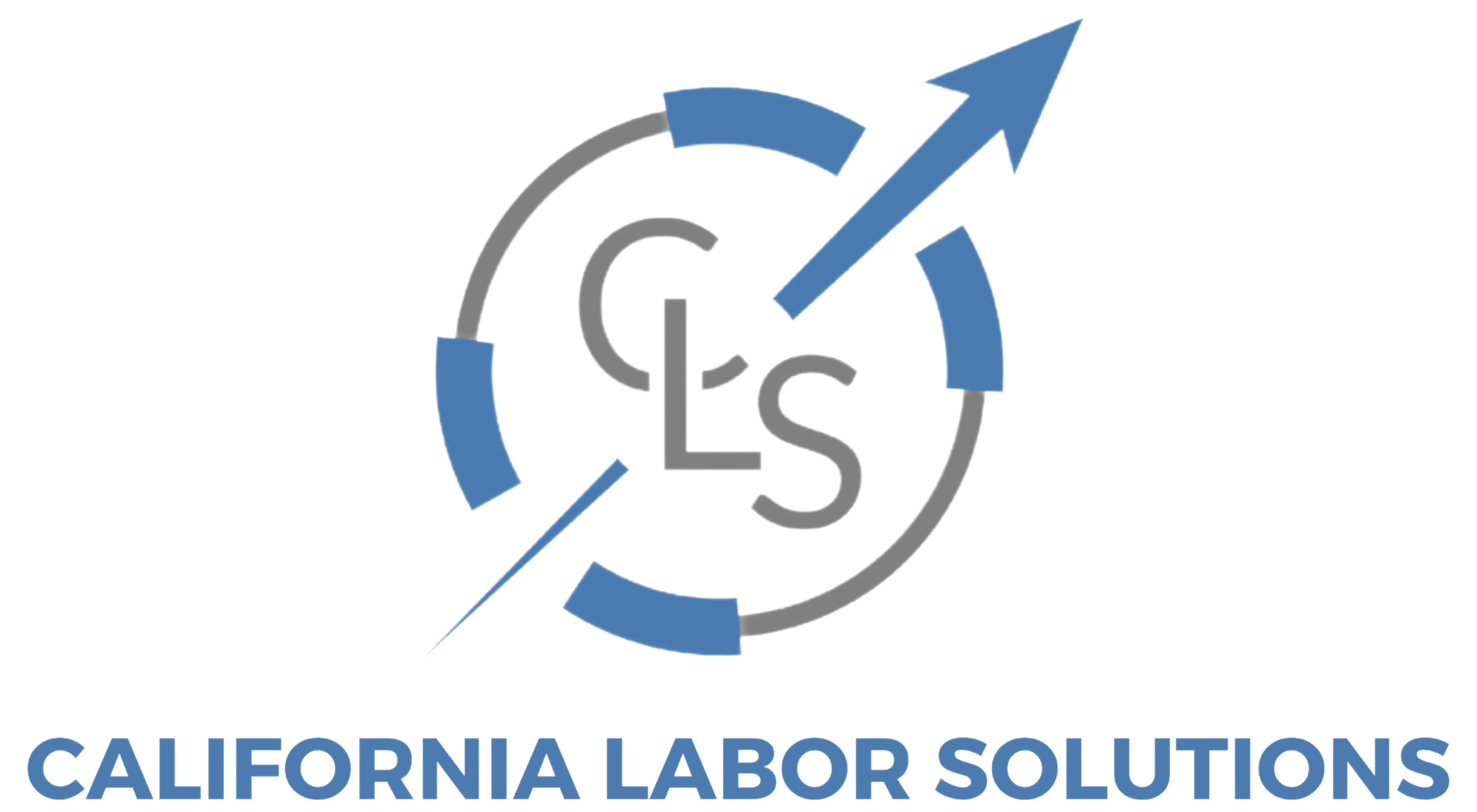Workplace Investigation Services: Ensuring Fair and Legal Resolutions for Employee Complaints
Workplace investigation services are essential for businesses to handle employee complaints legally and fairly. Without a structured process, companies risk lawsuits, compliance violations, and damage to workplace morale. California’s strict labor laws require employers to conduct thorough, unbiased investigations whenever allegations of harassment, discrimination, or misconduct arise.
This article explores the importance of workplace investigation services, how they ensure compliance, and why businesses should consider professional investigators.
Why Workplace Investigation Services Are Essential
Every organization, regardless of size or industry, must be prepared to handle workplace disputes. Common reasons for initiating an investigation include:
- Harassment and discrimination complaints
- Retaliation claims
- Employee misconduct allegations
- Wage and hour disputes
- Workplace safety violations
Failing to properly investigate these issues can expose a company to lawsuits, fines, and reputational damage. Workplace investigation services help businesses identify issues, address misconduct, and implement corrective actions to prevent future problems.
Key Steps in Workplace Investigation Services
1. Receiving and Documenting the Complaint
The investigation process begins when an employee or manager files a complaint. Employers should:
- Acknowledge the complaint promptly
- Document key details, including dates, locations, and involved parties
- Ensure confidentiality to protect all parties
2. Assigning a Qualified Investigator
Investigations must be handled by an impartial and experienced professional to maintain fairness. Businesses often choose to:
- Use internal HR professionals, if unbiased and well-trained
- Hire external workplace investigators to ensure neutrality
- Consult with legal or compliance experts for high-risk cases
An independent investigator ensures credibility and fairness in the process.
3. Conducting Interviews and Gathering Evidence
A thorough investigation requires gathering all relevant facts, which includes:
- Interviewing the complainant, accused employee, and witnesses
- Reviewing documentation, such as emails, policies, and previous complaints
- Analyzing physical or digital evidence, such as surveillance footage or workplace records
Every step should be documented meticulously to ensure legal compliance.
4. Maintaining Confidentiality and Preventing Retaliation
To protect employees and avoid further legal issues, investigators must:
- Limit access to sensitive information
- Remind all involved parties of anti-retaliation protections
- Monitor the workplace to ensure no adverse actions are taken
Employers must take retaliation seriously, as it can lead to additional lawsuits and penalties.
5. Analyzing Findings and Making Recommendations
Once all evidence is reviewed, the investigator determines whether the complaint is substantiated, unsubstantiated, or inconclusive. Businesses should then:
- Implement corrective actions, such as disciplinary measures, retraining, or policy changes
- Communicate findings and next steps to the involved parties
- Take proactive measures to prevent similar issues in the future
Proper documentation of findings ensures compliance with California labor laws and protects the company if legal disputes arise.
Legal Requirements for Workplace Investigations in California
Employers conducting workplace investigation services in California must comply with:
- Fair Employment and Housing Act (FEHA) – Mandates thorough investigations of harassment and discrimination complaints.
- California Labor Code Section 1102.5 – Protects whistleblowers from retaliation.
- Cal/OSHA Regulations – Requires investigations into workplace safety concerns.
Ensuring that investigations follow state and federal laws protects both employees and businesses from potential liabilities.
Common Challenges in Workplace Investigations
1. Lack of Proper Documentation
Failing to keep detailed records can lead to legal disputes and compliance violations.
2. Conflicts of Interest
Internal HR teams may struggle to remain neutral, especially when investigating senior leadership.
3. Uncooperative Witnesses
Employees may be reluctant to speak, fearing retaliation. Professional investigators ensure confidentiality and trust in the process.
4. Failure to Act Promptly
Delays in addressing workplace complaints can escalate legal risks and reduce employee confidence.
To overcome these challenges, businesses should rely on professional workplace investigation services to ensure a fair and lawful process.
Benefits of Hiring Professional Workplace Investigation Services
1. Ensuring Legal Compliance
Experienced investigators understand California labor laws and workplace policies, reducing employer liability.
2. Maintaining Objectivity
Independent investigators provide an unbiased and fair assessment of workplace disputes.
3. Protecting Employee Rights
A proper investigation ensures employee rights are upheld, reducing complaints and legal disputes.
4. Improving Workplace Culture
Handling complaints professionally fosters trust and transparency within the organization.
California Labor Solutions: Expert Workplace Investigation Services
At California Labor Solutions, we provide workplace investigation services that help businesses:
- Conduct impartial and legally compliant investigations
- Prevent retaliation and maintain workplace fairness
- Implement corrective actions that align with state labor laws
For expert workplace investigation services, visit www.californialaborsolutions.com today.

